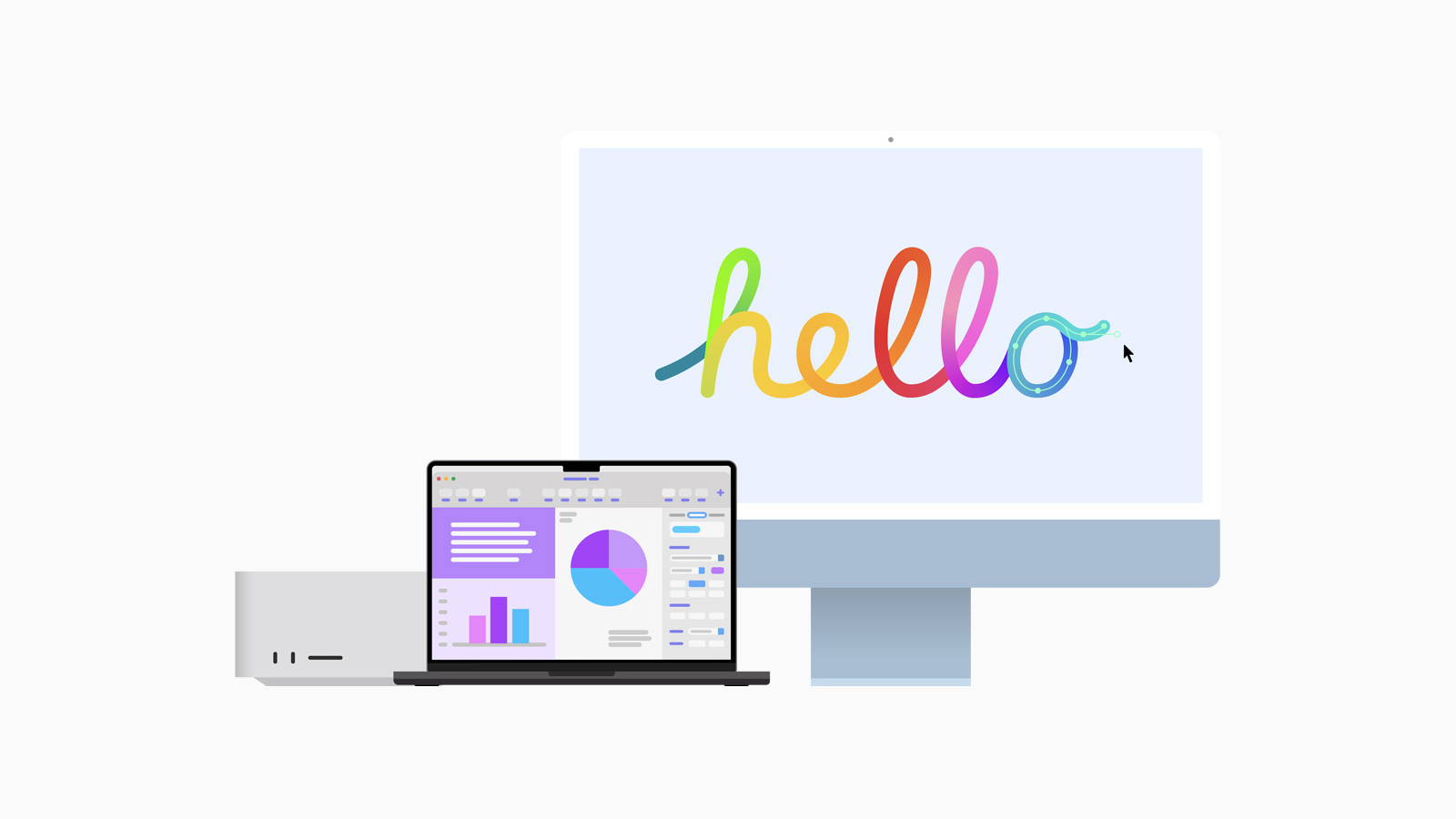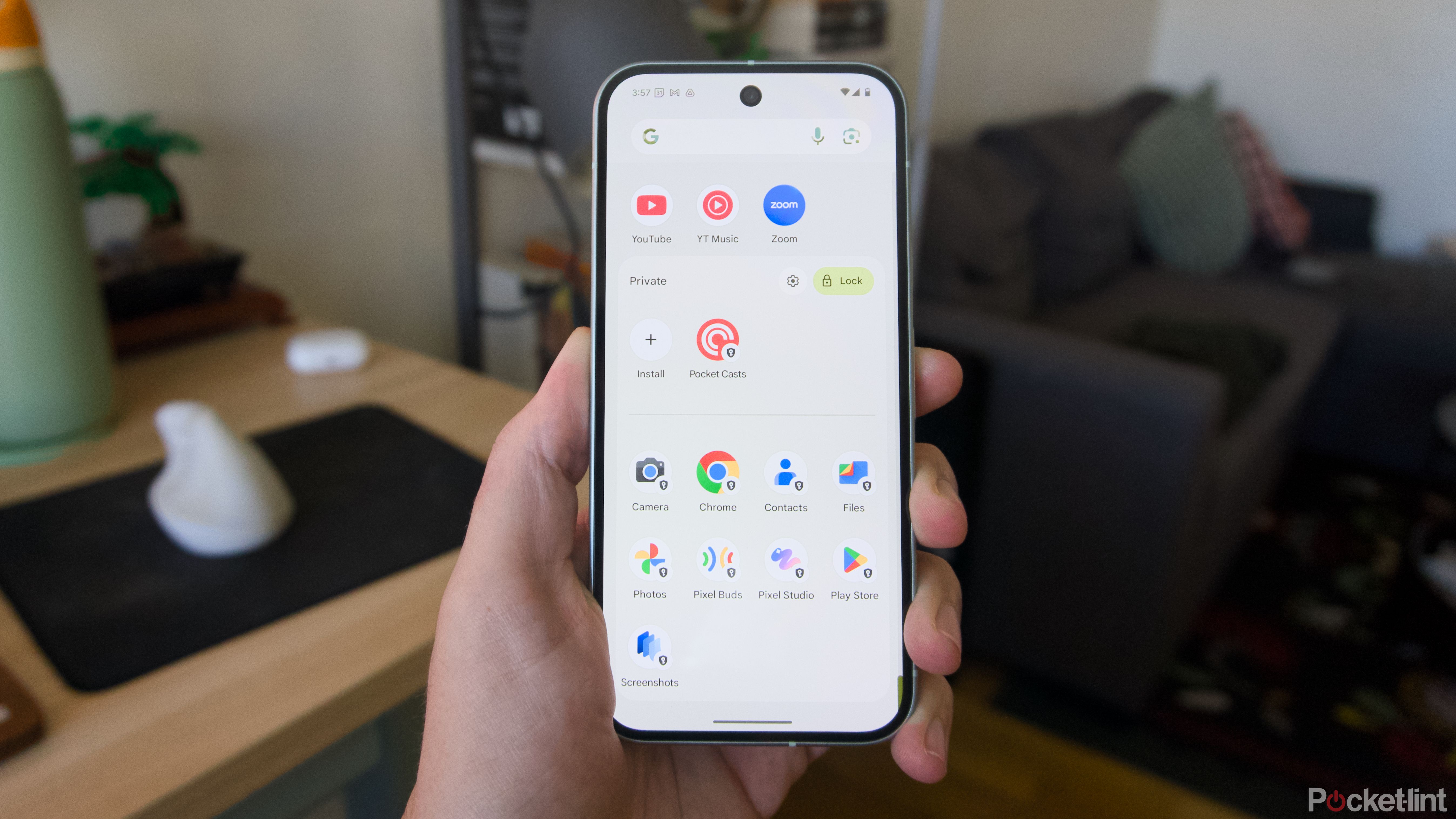Apple’s AI audiobooks are a long way from killing off human narrators
If you’re an audiobooks fan, Apple has just given you a taste of the future by launching its first batch of AI-narrated books. But while the move is a fascinating one with big implications, the narrators’ robotic tones show that much-loved human voices will be around for some time yet.
You can find the AI-voiced audiobooks, which use text-to-speech translation, in the Apple Books app by searching for ‘AI narration’. This brings up a list of romance or fiction books (both free and paid for) that come with the description “narrated by Apple Books”.
Apple Books offers two types of AI voice – a soprano called Madison and a baritone voice called Jackson – which both have an American accent and currently speak in English-only. You can get a taste of what they sound like by tapping the ‘preview’ button under one of the Apple Books-narrated titles.
(Image credit: Apple)
Right now, there’s undoubtedly a robotic, artificial quality to both of Apple’s AI voices. You won’t be mistaking them for warm, expressive tones of popular narrators like Stephen Fry or Julia Whelan anytime soon. But while the uncanny valley remains a tough obstacle for AI narrators to cross, they’re undoubtedly on a fast-track to our ears.
Naturally, Apple says its AI voices have been developed to make audiobooks “more accessible to all”. But they also make the multi-billion dollar audiobook industry more accessible to tech giant. And the new Apple Books feature is just the start of a fierce battle with the likes of Amazon and Spotify for our audiobook-loving ears.
Voicing concerns
For now, we’ll mostly see AI narrators restricted to books from smaller independent publishers. This could spark an explosion in the number of audiobooks available to readers on all devices, as digital narration opens up a new market to publishers and authors who’d previously been unable to afford the leap from print to audio.
But pushback from larger publishers and voice actors could also slow down the rise of robo-narrators. Amazon’s Kindle e-readers officially lost their text-to-speech powers several years ago, even if there are workarounds in the accessibility menus. That decision was at least in part down to copyright issues and audiobooks being legally considered as distinct pieces of art.
The Amazon-owned Audible has also written at length about which narrators suit different kinds of books and how publishers choose the right ones. Its blog says that “the most important aspect when it comes to audiobooks is that the voice matches the tone and genre of the book”. This is somewhat difficult to achieve if, like Apple Books, you only have two voices.
(Image credit: Apple)
Audible also says that “experienced voice actors are able to differentiate pretty easily between vocal characteristics by playing with pitch, intonation, volume and accents”, And this is certainly where AI voice actors need to do some intense vocal training, and perhaps also take some night classes in emotional mirroring.
But the new Apple Books feature is clearly just the start of an inevitable boom in AI voice technology. And the really big moment for audiobooks might be when AI can, rather than robotically reading a script, convincingly impersonate a famous voice actor – a leap that may not be too far off, based on recent showcases from the likes of Amazon.
Fake empire
After all, deepfakes aren’t just restricted to frighteningly convincing videos of a synthetic Morgan Freeman or Tom Cruise – AI-powered voice tech is also developing fast.
Viral web apps like Uberduck let you generate speech in the voices of past presidents or cartoon characters, while last year Amazon showed off a mildly terrifying new Alexa skill that could read out The Wizard of Oz to a child in the voice of their grandmother.
With the likes of Google Wavenet also pushing the tech forward, AI voices are only going to get more convincing. For now, the barriers to widespread adoption in audiobooks will likely be more legal and ethical, rather than technological. But Apple Books’ artificial narrators are the sound of our synthetic future – and in the not-too-distant future, famous voice narrators will likely copyright and license their own voices, too.
For now, the evidence in Apple Books suggests these AI voices are currently best-suited to non-fiction and factual works, rather than emotive storytelling. For novels, just like movies, we’re still some way off artificial actors being able to convincingly tug our heart-strings without ruining the suspense with a robotic inflection or flat note. But a torrent of AI audiobooks is definitely coming, regardless.




